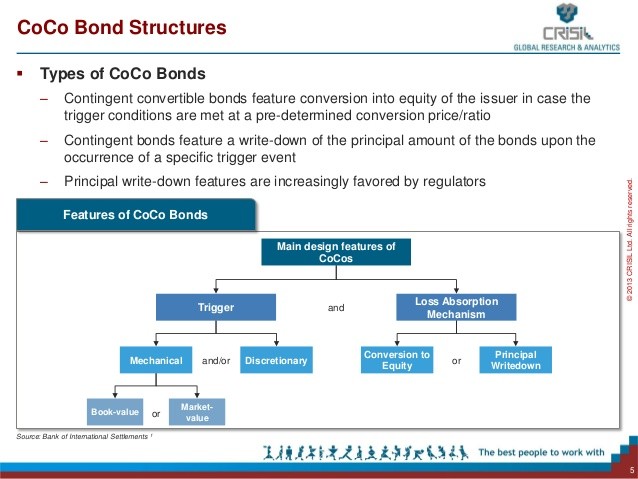Investing 101 An Introduction to Pricing Convertible Bonds
Post on: 27 Апрель, 2015 No Comment

Convertible bonds are a fairly complicated investment asset. Are they stocks or bonds? In fact, they are bonds that you have the ability to convert into stock. One of the most complicated issues at play is convertible bond prices. How do you evaluate the price of an asset that is so hard to define?
What Are Convertible Bonds?
Just as the name describes, convertible bonds are an asset class that allows the holder to convert a bond issued by a company into a predetermined amount of shares in that company. Initially, these assets function identically to corporate bonds, though the interest rate is typically on the low side. This low rate is an attempt by the company to mitigate potential investor gains based on conversion. If the company’s stock remains relatively unchanged or loses value, then you do not convert the bond, and it functions as a poorly performing corporate bond. If the stock value increases, you must decide when to convert; this plays into the difficult task of pricing the bond.
What Are Conversion Ratios?
When you first invest in convertible bonds, the conversion ratio is fixed in the bond indenture. This ratio is sometimes also referred to as the conversion premium. The ratio is expressed as a simple ratio or displayed as a conversion price. If a conversion ratio is set at 50:1, it means that converting one bond yields 50 shares of stock. As underlying stock prices change, the convertible bond’s value changes as well. Usually, the conversion ratio is arranged such that you only gain from conversion if the value of the stock increases considerably. Note that decreasing stock values do not de-value your bond below its initial, or par, value.
What Is a Forced Conversion?
One of the unique features of convertible bonds is the process of forced conversion. When this occurs, the issuer of the bond forces you to convert your bonds into stock; this process is referred to as calling the bonds. It is imperative that you are very careful about convertible bond investment due to their callable nature. Bonds are frequently called when the share price spikes. Elevated share prices increase the interest rate that the issuer must pay you on the bonds. Calling bonds at this point protects the issuer from paying high interest rates. Overall, you must not expect elevated stock prices to directly correspond to elevated bond prices. In fact, many issuers set a cap on the interest rate they are willing to pay before calling the bond.














